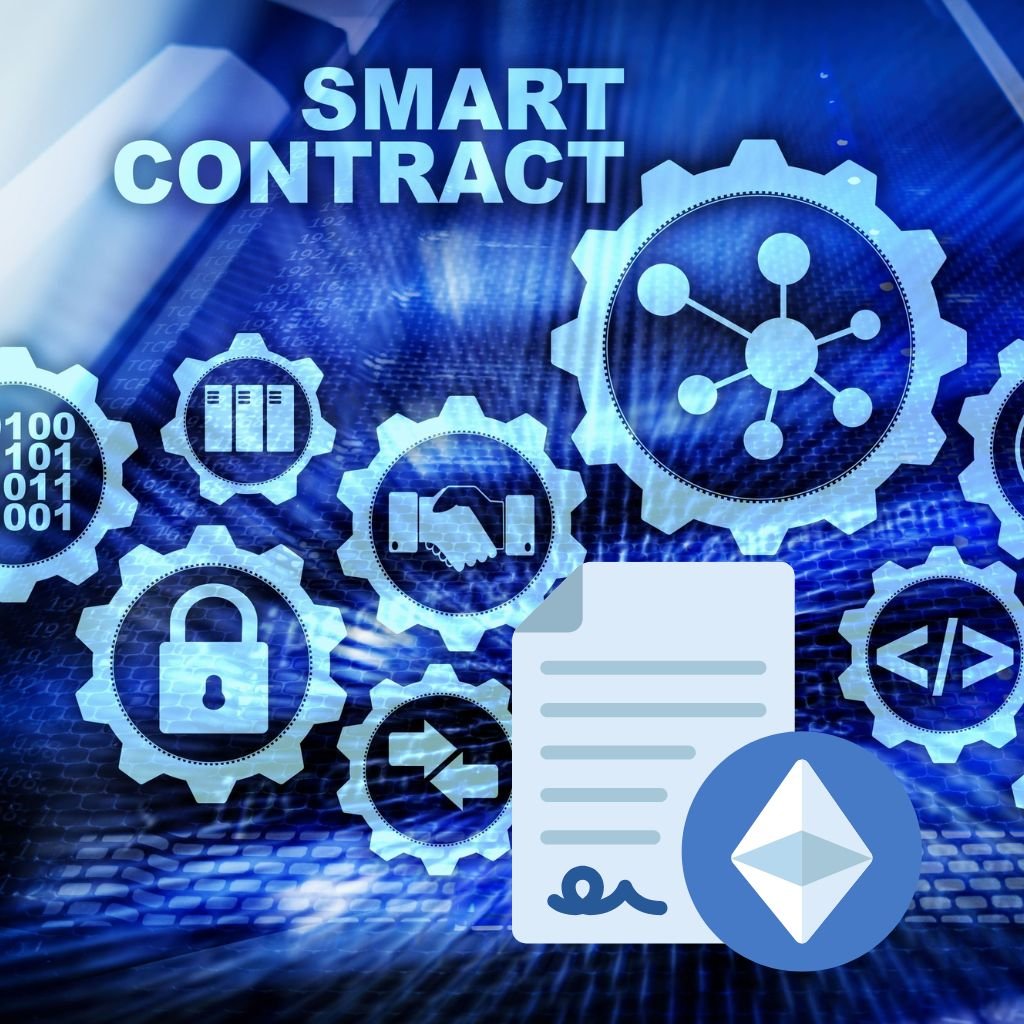In the rapidly evolving world of blockchain and cryptocurrency, the term “smart contract” is often tossed around. But what exactly is a smart contract, and why is it considered a game-changer? Let’s break it down in simple terms.
What is a Smart Contract?
Imagine a smart contract as a digital version of a traditional contract, like the ones you might sign for renting an apartment or buying a car. However, unlike traditional contracts that require a middleman (such as a lawyer or a bank) to enforce the terms, smart contracts are self-executing. They automatically carry out the terms of the agreement once the specified conditions are met.
How Do Smart Contracts Work?
Smart contracts run on blockchain technology, which is essentially a decentralized digital ledger. This ledger records transactions across a network of computers, ensuring that once data is entered, it cannot be altered. Here’s how smart contracts function:
- Automation: Smart contracts are programmed to execute automatically when certain conditions are fulfilled. For example, if you’re buying a digital product, a smart contract can automatically release the product to you once payment is confirmed.
- Security: Because smart contracts operate on the blockchain, they are extremely secure. The decentralized nature of the blockchain means that there’s no single point of failure, making it nearly impossible for hackers to alter the contract.
- Efficiency: Without the need for intermediaries, smart contracts can streamline processes and reduce costs. They minimize the time and resources traditionally required to manage contracts, making transactions faster and more efficient.
Real-World Examples of Smart Contracts
To better understand their application, let’s explore a few scenarios where smart contracts could be used:
- Real Estate Transactions: In real estate, a smart contract can automatically transfer property ownership to a buyer upon receipt of payment, eliminating the need for title companies and reducing closing times.
- Insurance Claims: With smart contracts, insurance claims can be processed automatically. If a policy condition is met, such as a flight delay for travel insurance, the smart contract triggers an automatic payout to the policyholder.
- Supply Chain Management: Smart contracts can track goods as they move through the supply chain. When goods reach their destination, payment can be automatically released to the supplier, ensuring transparency and efficiency.
The Impact of Smart Contracts
Smart contracts hold the potential to revolutionize various industries by making transactions more reliable, cost-effective, and swift. From simplifying legal agreements to enhancing the transparency of financial services, their impact could be profound.
As technology continues to advance, smart contracts are likely to become more integrated into our daily lives, transforming the way we conduct business and interact with digital systems. For newcomers eager to explore the potential of blockchain, understanding smart contracts is a valuable step into the future of decentralized transactions.
Affiliate Disclosure: Some of the links on this site (or page) are affiliate links, meaning I may earn a commission if you click through and make a purchase, at no additional cost to you. This helps support my work and allows me to keep providing valuable content for my readers. Thank you for your support!
Are you wanting to level up your crypto skills? Join The Real World.

Leave a Reply